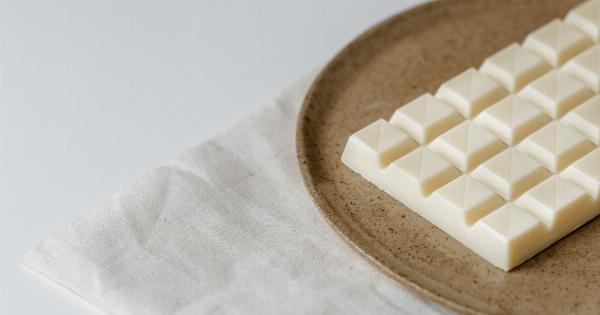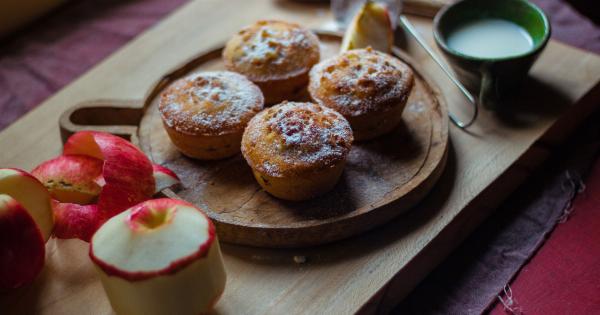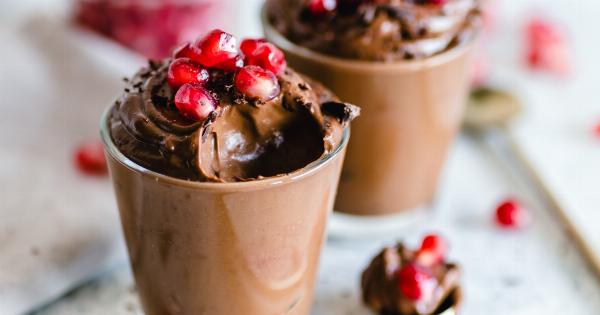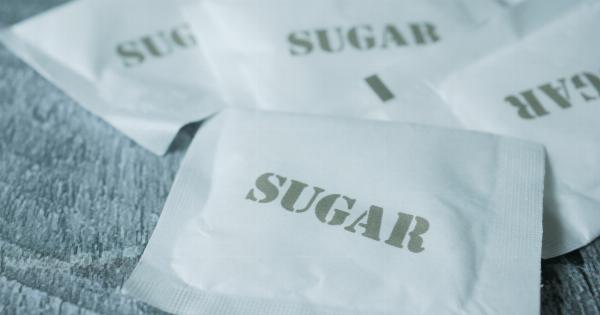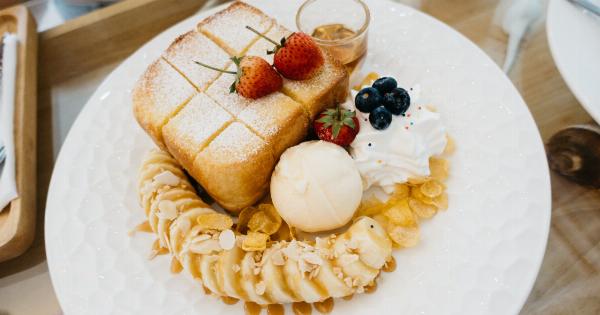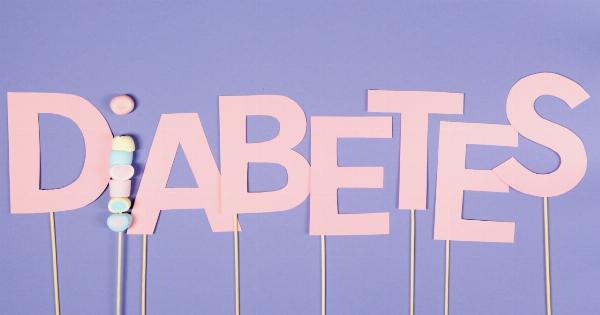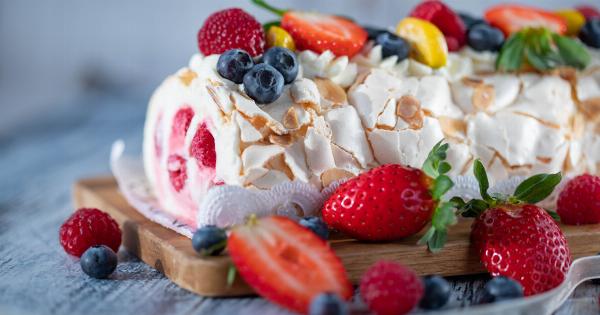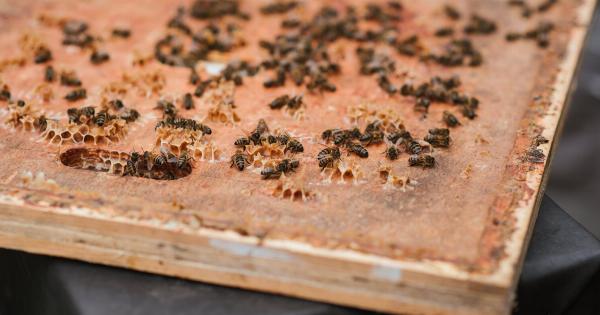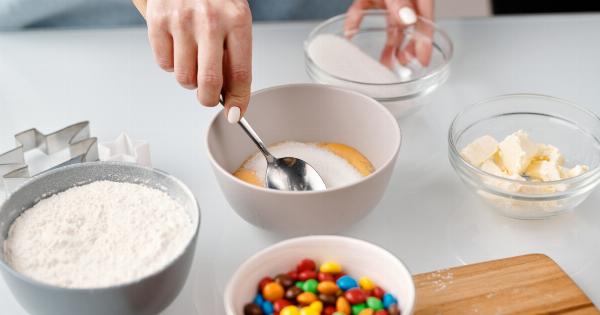Most of us love to consume sweet foods and drinks, but consuming excess sugar can lead to many health problems such as obesity, type 2 diabetes, and heart diseases.
Therefore, it’s the need of the hour to switch to natural sugar substitutes that are not only safe but also healthy. Here are ten natural sugar substitutes that you can try:.
1. Stevia
Stevia is a natural, calorie-free, and carbohydrate-free sweetener that is derived from the Stevia plant. The best part about Stevia is it doesn’t raise blood sugar levels, which is excellent for individuals with diabetes.
You can use Stevia to sweeten tea, coffee, smoothies, or any other dish that requires the addition of sweetener.
2. Erythritol
Erythritol is another calorie-free and carbohydrate-free sweetener that is derived from corn. It has a similar taste profile as sugar, but it has a cooling sensation aftertaste.
Also, erythritol doesn’t affect blood sugar or insulin levels, which is why it’s great for individuals with diabetes.
3. Xylitol
Xylitol is another natural sugar substitute that is extracted primarily from corncobs and birch trees. It’s a low-calorie sweetener and contains fewer carbohydrates than sugar.
Xylitol has a similar sweetness profile to sugar, but it has a slightly minty taste that you may not find appealing.
4. Coconut Sugar
Coconut sugar is a natural sweetener that is made from the sap of a coconut tree. It’s low on the glycemic index scale, which means it doesn’t spike insulin levels and has a lower impact on blood sugar levels. Coconut sugar tastes a bit like brown sugar.
5. Maple Syrup
Maple syrup is a natural and unrefined sweetener that is made from the sap of maple trees.
It’s an excellent source of antioxidants and minerals such as zinc, magnesium, and calcium, but it’s still high in sugar, so it’s important to use it in moderation. Maple syrup tastes like caramel.
6. Agave Nectar
Agave nectar is a natural sweetener that is derived from the agave plant, which is native to Mexico. It has a lower glycemic index rating than sugar and has been found to reduce inflammation.
Agave nectar tastes like honey and can be used in baking or as an alternative sweetener for beverages.
7. Honey
Honey is another natural sweetener that has a rich flavor and is loaded with antioxidants and antibacterial properties. Honey is an ideal sugar substitute, but it’s still high in sugar, so moderation is key.
Honey can be used in baking, cooking, or as a natural sweetener for beverages.
8. Monk Fruit Sweetener
Monk fruit sweetener is a sugar alternative that originates from China. It’s low in calories and carbs, and it’s also free of fructose, which makes it ideal for individuals with diabetes.
Monk fruit sweetener has a sweet taste like sugar but without any aftertaste, and it can be used in baking or cooking.
9. Brown Rice Syrup
Brown rice syrup is a natural sweetener that is made by fermenting cooked brown rice with enzymes. It’s less sweet than sugar, but it contains some trace minerals and vitamins.
Brown rice syrup can be used in baking or as an alternative sweetener for beverages; however, because it’s still high in sugar, moderation is key.
10. Date Sugar
Date sugar is a natural sweetener that is made from dried dates. It’s a great source of essential minerals and fiber, but it’s still high in calories and sugar content, so it should be consumed in moderation.
Date sugar has a similar texture to brown sugar and can be used in baking or cooking.

